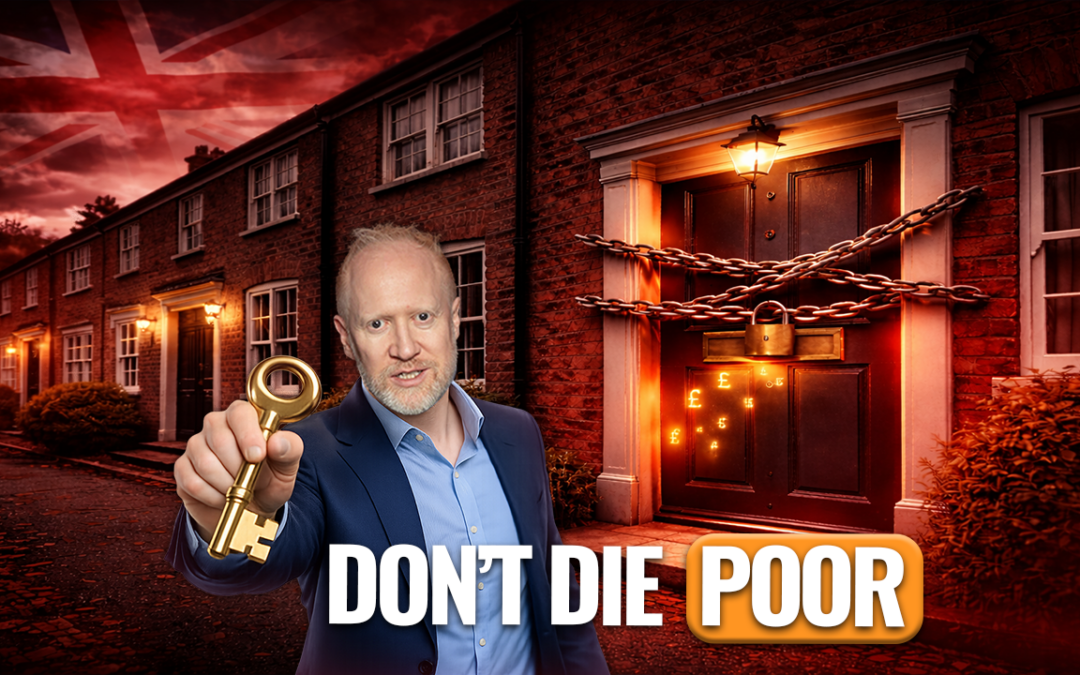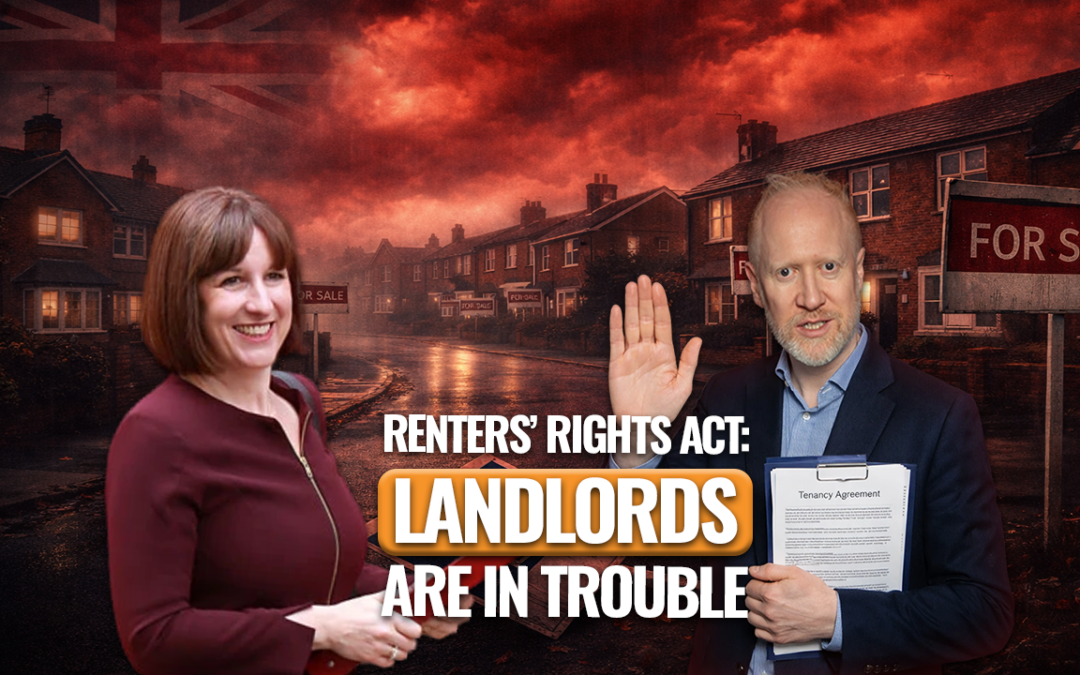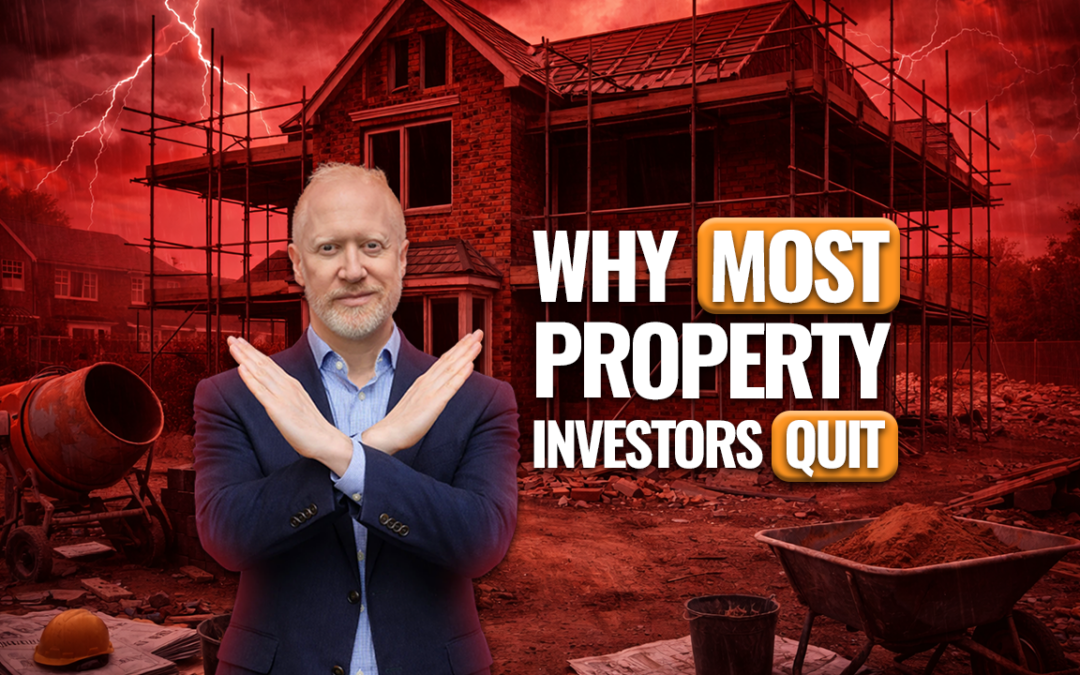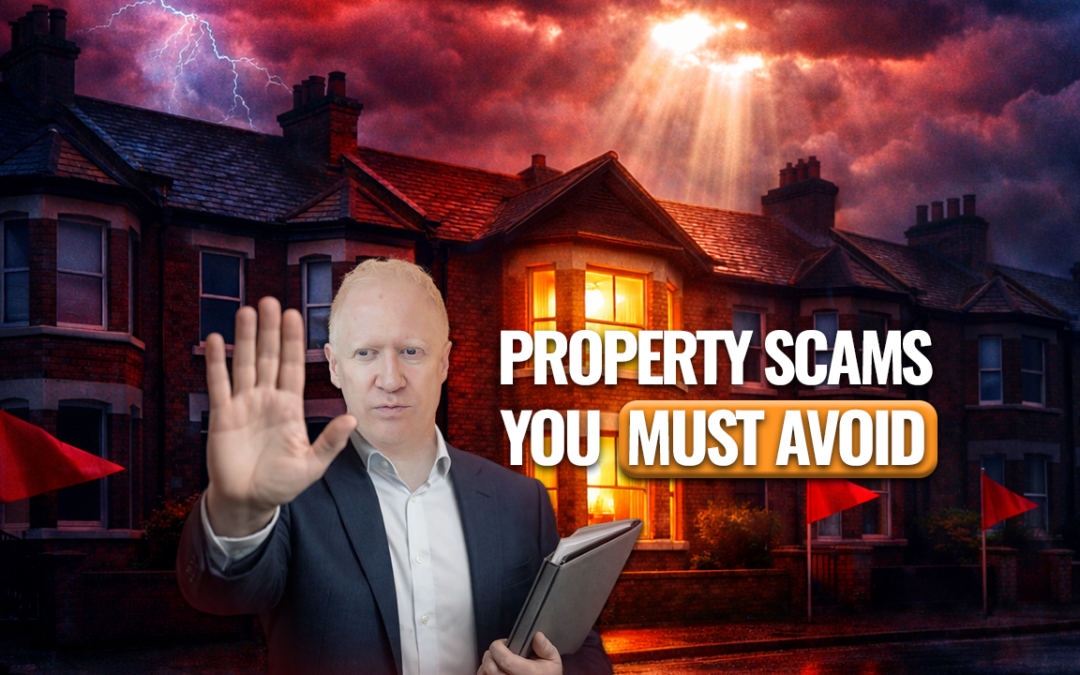In this blog I am going to share my thoughts about HMO vs Single Let property. I am going to explain exactly what they are and the pros and cons of each.
I have both HMO’s and Single Let properties in my property portfolio. My very first rental property was a student HMO back in 1998. I think that these are both great and there are definitely pros and cons for both of them – but I am going to begin by focusing on Single Let properties.
What is a Single Let Property?
A Single Let is where you have a house or an apartment that you let out to one tenant. The one tenant could be family or an individual and they’re generally less work than a HMO. This is because once the contract is in place, you can leave the tenants to get on with it. Of course as a landlord, you are responsible for looking after the property and making sure everything works. This is as well as paying the ground rent and service charge, if it is a leasehold property. The tenant is responsible for paying all of the utility bills such as water, gas, electric, broadband internet, TV licence and council tax – plus their own personal contents insurance.
Insurance of a Single Let
As the property owner you need to look after the insurance of the building and make sure you have a specialist buy to let insurance in place. This should not only cover the building and the contents, but should give you public liability insurance – just in case of an accident in the property. It is important to be covered for that.
“The one tenant could be family or an individual and they’re generally less work than a HMO.”
Managing a Single Let
It is up to you if you want to manage the property yourself. It doesn’t take a lot of time to manage a few properties and that’s what I did when I started investing in property. I was managing it all myself, because I didn’t want to pay a letting agent. I thought I could do a better job.
However, if you don’t want to manage your properties, or if you’re not local to the property, it might be worth getting a letting agent to look after the property and the tenants for you. If there are then any issues, you’re not the person who gets a call at 11 o’clock at night on a Friday when the tenant has lost their keys. It will be the letting agent who deals with all of that for you.
Paying a letting agent to manage your property for you, will usually cost you about 10% of the monthly rental income. This will of course reduce your cash flow because a Single Let property will only make a couple of hundred pounds profit a month. Typically, a Single Let property will make an annual Return on Investment (ROI) of between 5%-7%. It is still better than leaving the money in the bank, and you get the long term capital growth of the property as well.

So What is a HMO Property?
A HMO or House of Multiple Occupation is normally a large house, or large apartment where you might have 3 or more unrelated people living in the property. Each tenant has their own individual room, sometimes they might share a bathroom or some of the rooms will be an en suite. This means they will have their own shower, hand basin and toilet. You can then get a higher rent for an en-suite room. They will always share a kitchen and might even have a communal living room.
Who Would Live in a HMO?
There are different types of tenants who live in HMO’s.
- Students – who will live together in a HMO when they are studying at University.
- Young Professionals – people who have been students and then graduate to get professional jobs such as an architect, solicitor or accountant.
- Normal Workers – people who have jobs in offices, shops and factories.
People on the Local House Authority (LHA) benefits – this final group do take more management, and it is important to not mix these tenant types in the same HMO property as it does not work.
What Are the Costs of Running a HMO?
It is more cost-effective living in a HMO than it is to live on your own in a studio or an apartment. This is because the landlord pays for all the bills including: council tax, gas, electric, TV licence and the broadband internet. These bills are covered by the rent so the tenant has one easy monthly payment to make.
A rule of thumb for a 4-6 bed HMO, is that the bills are approx £100 per room, per month, so a 5 bed HMO property might cost £500 per month for all of the bills. In addition to this, you need to also cover the cost of the mortgage, landlord insurance and management. This is if you are not self managing your HMO property.
“It is more cost-effective living in a HMO than it is to live on your own in a studio or an apartment.”
HMO Essentials
Broadband internet is very important to the people who live in this kind of house. It is important to make sure you get the best possible internet you can and not the cheapest. This is not a good place to cut costs.
As a landlord you need to make sure you have the right landlord insurance in place. You might even decide to manage the property yourself. Yet HMO properties are definitely more work than a Single Let property. This is due to the nature of having more tenants. But in a way it is also like having four or five Single Let properties on the same road – as when you go to the HMO you’ve got four or five tenants you could deal with at the same time.

Managing a HMO
You can find a letting agent to look after the property for you. The challenge is, historically, many letting agents think they’re more work, don’t understand them or haven’t wanted to do HMO management. But there are more and more specialist companies coming out now who can specialist in HMO management. One of the best ways to find them is through word of mouth recommendation. Ask around at your local property investors network meeting.
Pros of a HMO?
The reason people do HMO’s because there is significantly higher cash flow and return on investment than they might get on a Single Let property. A good HMO should make you around £1000 profit a month. This is after all of the expenses – the mortgage, the insurance, the management, everything.
“People do HMO’s because there is significantly higher cash flow and return on investment than a Single Let property.”
HMO Vs Single Let – Which Do I Prefer?
If a HMO made less than £500, personally, I wouldn’t buy it. It’s not worth the hassle but it can make as much as £1500, even £2000 a month. A good average for a six bedroom HMO is £1000 a month. That also means the return on investment is much better than a Single-Let property. As I have mentioned before you would maybe receive 5-7% return on investment on a single let. In comparison a HMO should be 15-20% ROI or even more.
So you’re making your money work harder and you’re getting better cash flow. That is why many people favour doing HMO vs Single Let properties. Some people say you should maybe buy a Single-Let first to make sure you like property before you do HMO’s. I can see the logic in that that. Yet if you get more education and learn how to do a HMO straightaway – why on earth wouldn’t you want to get your money working harder for you as soon as you possibly can?
So if it comes to HMO vs Single Lets, my vote would always be for HMO’s.










